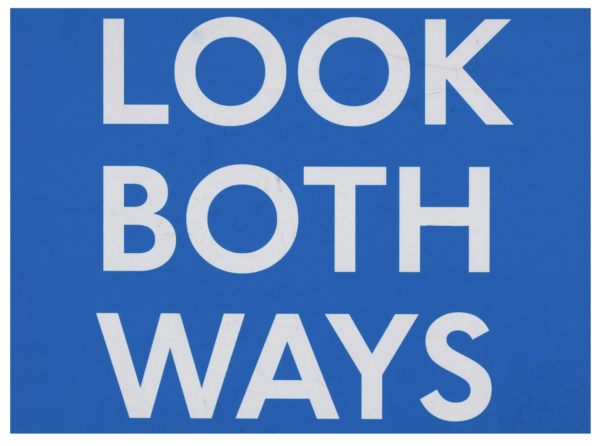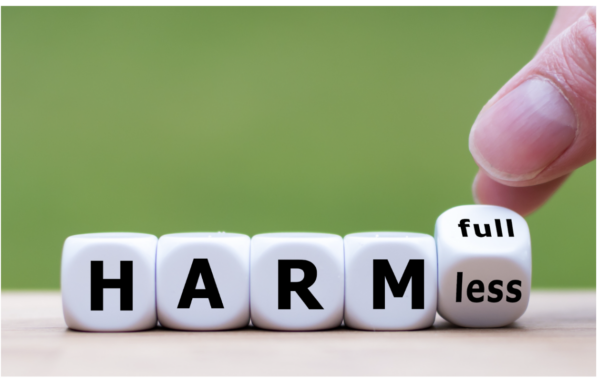
Addiction is a devastating disease. You feel out of control. You want to make better choices, you try to stop drinking or using, you try to regain the control over your life that you once had, but you just keep disappointing yourself again and again.
No one chooses substance use disorder. No one chooses to feel powerless over drugs or alcohol. No one chooses to live a life so difficult that you feel that you need drugs or alcohol to just help you get through it.
Making the decision to get help often comes with a lot of follow-up questions…
When you’re ready to get outside help, you’ll often encounter a puzzling set of questions about the way forward:
- Should I “quit” altogether or should I try to just rein it in?
- Should I go “cold turkey” or should I seek medical help for that?
- Do addiction treatment medications (MAT, methadone, Buprenorphine, Vivitrol, etc) just replace one addiction for another?
- What is “real” recovery?
- Am I “in recovery” if I still do X, Y, or Z?
- Am I “in active addiction” if I do X, Y, or Z?
Many of these questions boil down to a single question: is “harm reduction” better than “abstinence?” What’s the best way to beat addiction?
Let’s break down these terms, cut through the confusion and offer our opinion on the best way forward.
What is harm reduction?

Harm reduction is an approach to addiction treatment that prioritizes reducing harm above all other concerns. Harm reduction can take many forms, including promoting safer use of substances like drugs and alcohol. Harm reduction approaches might also take the form of reducing, rather than discontinuing, use of harmful substances. Sometimes, harm reduction approaches focus on supporting people struggling with substance use disorder in ways that don’t appear to be directly connected to substance use, such as housing, social-emotional support, employment, nutrition and other factors that improve the overall health and wellbeing of people with substance use disorder.
Harm reduction has been shown to remove barriers to care for people with substance use disorder. Often “low barrier” addiction treatment programs, like those that don’t require abstinence to participate, are driven by a harm reduction model.
What is abstinence?

Abstinence is often posited as the opposite of the harm reduction model. Abstinence-only programs emphasize the importance of discontinuing the use of all substances, often including medication assisted treatment medications like methadone, buprenorphine, vivitrol, and others. Abstinence-only programs view all substance use as a “slippery slope” that is always too dangerous to entertain for people struggling with substance use disorder.
12-step programs have traditionally been abstinence-only programs, which emphasize the importance of maintaining “clean time” day after day in order to pursue a recovery lifestyle.
While 12-step programs never exclude participants who relapse, as long as those participants are ready to re-engage in a sober lifestyle, some abstinence-only programs will eject patients who do not maintain their sobriety. Some sober living homes are also run on an abstinence-only model, and will not allow any substances, including some prescription medications, to be used by residents.
What works better? Harm reduction or abstinence?
The truth is, both of these approaches can work, depending on the situation and the patient. There is no “one-size-fits-all” prescription for substance use disorder. The disease is complex, the toll it takes is complex, and the response needs to be similarly multi-layered.
At Shanti Recovery and Wellness, we follow what the state-of-the-art scientific evidence tells us about the best, most effective ways to treat addiction. Because of our dedication to evidence-based addiction treatment, we tailor every treatment plan to the needs of the patient. Every patient is different. Every treatment plan is different. We believe that Medication Assisted Treatment, along with nutritional support, one-on-one counseling, and responsive medical supervision, is a good fit for many SUD patients.
The bottom line? Shame-based addiction treatment is never a good fit

At Shanti Recovery and Wellness, we know one approach to addiction treatment will never work, and that approach is attempting to use shame to achieve positive results.
Shame and stigma are fuels to substance use disorder. Too often, patients blame themselves and regard their condition as the product of a personal weakness, a moral failing, or worse. The truth is that no one chooses this disorder and anyone who struggles with it would never wish it on their worst enemy. It makes no sense to say that addiction is a moral failing.
Every addiction treatment professional at Shanti Recovery and Wellness is dedicated to creating a shame-free culture of respect and positive regard, no matter what disease-related setbacks may or may not occur over the course of our patients’ recovery journey.
What you’ll find at Shanti Recovery and Wellness…
Portland residents tend to gravitate towards our programs because we offer a warm, family-style environment with knowledgeable clinicians in a comfortable setting. Our building is a converted craftsman that looks and feels more like a chiropractor’s office or a naturopathic family medicine clinic than it does an addiction treatment center. We tailor our patient-centered treatment plans around your preferences and goals, taking the whole patient into consideration, rather than treating addiction in isolation.
Interested to learn more about how we can help? Give us a call today to begin your journey to freedom from addiction!
More Recent Blog Posts to Read:
What is Vivitrol? How is it used to treat Opioid Use Disorder and Alcohol Use Disorder?
Recovery is Built by Daily Habits
How to Know if Outpatient Addiction Treatment is Right for You

